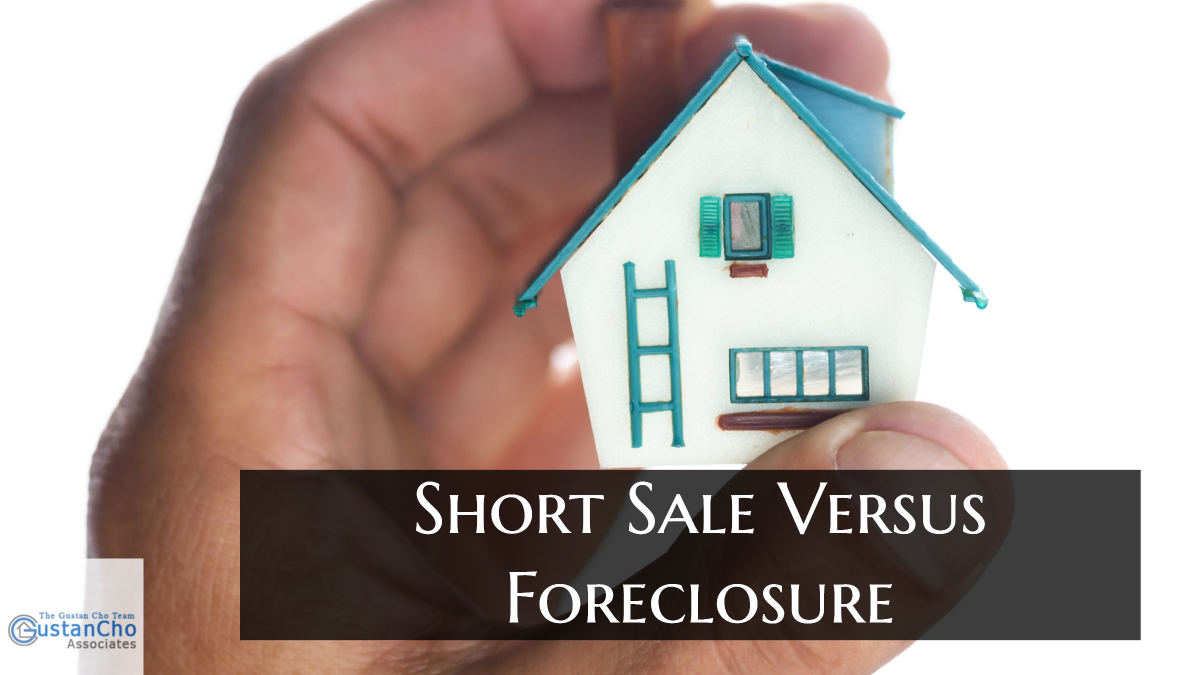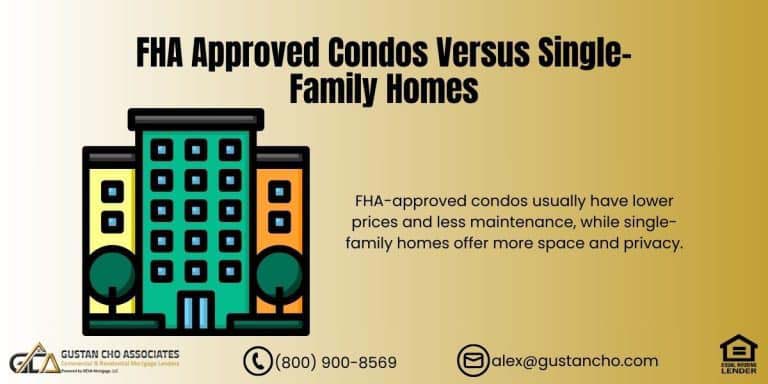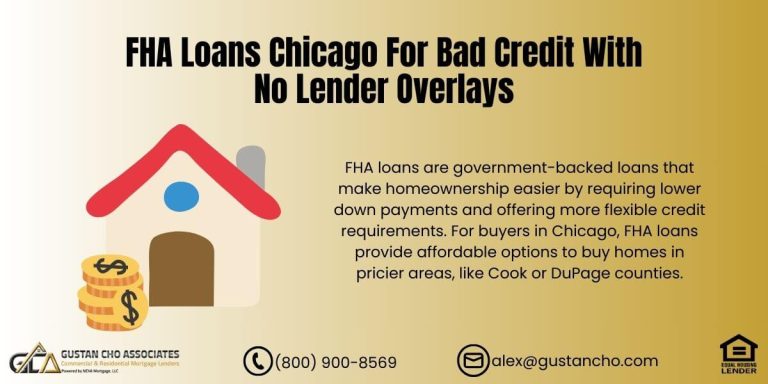This BLOG On Short Sale Versus Foreclosure Mortgage Guidelines Was UPDATED On December 10th, 2018
Are There Benefits Of Short Sale Over Foreclosure?
There are benefits of a short sale instead of a foreclosure if home buyers are planning on buying a new home with Conventional Loans. Waiting Periods to qualify on Conventional Loans after a deed in lieu of foreclosure and short sale versus foreclosure is different.
- Many homeowners who are financially burdened with their current housing mortgage payments and have mortgages higher than the value of the home
- In order to sell their homes, they need to come up with the money to cover the difference between the sales price and outstanding mortgage balance
- They have three options: Foreclosure, deed in lieu of foreclosure, or short sale
- Homeowners who go through a short sale, deed in lieu of foreclosure, or foreclosure can qualify for mortgages after meeting mandatory waiting periods
- Understanding differences between a short sale, deed in lieu of foreclosure, or foreclosure and how it affects them in the future when purchasing another home is important
In this article, we will cover and discuss mortgage guidelines after housing event.
Waiting Period After Foreclosure Versus Short Sale
There are many benefits with a short sale over a foreclosure:
- Homeowners who go through a short sale need the lender’s permission to be able to sell their home below the balance of their loan
- Short Sales are normally done when a homeowner has a home where the value is lower than the balance of their loan
- The short sale process is like any other home sales process with the exception that the lender needs to approve the final sales price
- The homeowner picks the realtor and shows their home and submits the offer to the lender for approval
- Homeowners will be handling the sale as the seller and not the bank
- Homeowners can still do a short sale even if their mortgage payments are current and have had a timely payment record
There is no waiting period to qualify for FHA or VA Loan if a homeowner had a short sale and had their monthly mortgage payment current up to the date of the short sale.
Conventional Loan Waiting Period After Short Sale Instead Of A Foreclosure
Homeowners who had a short sale used to be able to qualify for conventional loans two years after the date of the short sale with a 20% down payment.
- However, this is no longer the case
- New waiting period requirements were implemented
- Homebuyers can qualify for conventional loans four years after a short sale and/or deed in lieu of foreclosure with 5% down payment
Waiting Period After A Housing On Government Loans
The waiting list for FHA and USDA Loans after the recorded date of deed in lieu, foreclosure or short sale is 3 years.
- The waiting period for FHA, VA, USDA Loans after Chapter 7 Bankruptcy discharged date is 2 years
- The waiting period after a short sale, deed in lieu, or foreclosure for VA Loans is 2 years
- Government Loans classify short sale, deed in lieu, and foreclosure all in one category
The waiting period to qualify for home loans is the same, unlike Conventional Loans.
Downfalls Of Foreclosures
Purchasing a home after a foreclosure has longer waiting period requirements to qualify for a new mortgage under Fannie Mae/Freddie Mac Guidelines than after short sale and/or deed in lieu.
- The normal waiting period to qualify for a conventional mortgage loan for a primary residence is 7 years after the recorded date of a standard foreclosure
- Waiting Period to qualify for conventional loans after a short sale and/or recorded date of deed in lieu of foreclosure is 4 years
Will Credit Scores Suffer After Short Sale Over A Foreclosure?
Credit scores will drop significantly after bankruptcy, foreclosure, short sale, and/or deed in lieu of foreclosures.
- However, the sudden credit score drop is temporary and credit scores eventually will go back up
- The best way to boost and re-establish credit after a short sale, bankruptcy, deed in lieu, and/or foreclosure is by adding positive credit
- Secured Credit Cards are the best, easiest, and fastest way of re-establishing credit after bankruptcy, foreclosure, short sale
Eventually, as the bankruptcy, foreclosure, deed in lieu of foreclosure, short sale ages, it will have little to no impact on credit scores.
Credit Reporting On Agreed Or Paid Settlements
Public records will remain on consumer credit reports.
- Lenders report public records on consumer credit reports
- Derogatory credit remains on credit report for 7 years
- Chapter 7 Bankruptcies remain on credit reports for 10 years
- Both foreclosures and repossessions will be reported on the credit report for at least 7 years from the date of last activity
- First delinquency date that eventually led to the final foreclosure is normally the date of last activity
- Current bankruptcies, deed in lieu of foreclosure, and foreclosures can drop credit scores by more than 100 to 150 points
Again, the sudden drop will eventually go back up as the public record ages.
Deficiency Judgments
In the event, if the foreclosure is followed by a deficiency judgments, you can add another 120 point credit score drop to your bruised credit score.
In most short sale cases, the deficiency is oftentimes waived by the mortgage lender.
- In the event, if the short seller encounters a deficiency judgment, it can often be negotiated between the short seller and the short sale mortgage lender
- A deficiency judgment can be issued against the homeowner after a home foreclosure
Both Short Sale And Foreclosure Will Negatively Impact Credit
However, a short sale is a much wiser choice than a foreclosure.
- Consumers should not worry about negative credit impact when a short sale or foreclosure gets posted on credit report
- The sudden drop in credit scores is just temporary after short sale or foreclosure
- Credit scores will go up as time passes even if consumers do not do anything to it
- If credit scores dropped from 700 FICO to a 450 FICO after a short sale or foreclosure, the credit will go up to close to 600 in about a year
- Credit Scores can be 700 FICO Plus if consumer adds new positive credit like secured credit cards
- Many consumers start re-establishing credit by getting a few secured credit cards after a short sale or foreclosure
Re-Establishing credit with secured credit cards can expedite boost of credit scores to the 700 FICO score after a year of short sale and/or foreclosure.
Related> Mortgage After Short Sale
Related> Conventional Loan After Short Sale
Related> Qualifying for Mortgage After Short Sale in California









